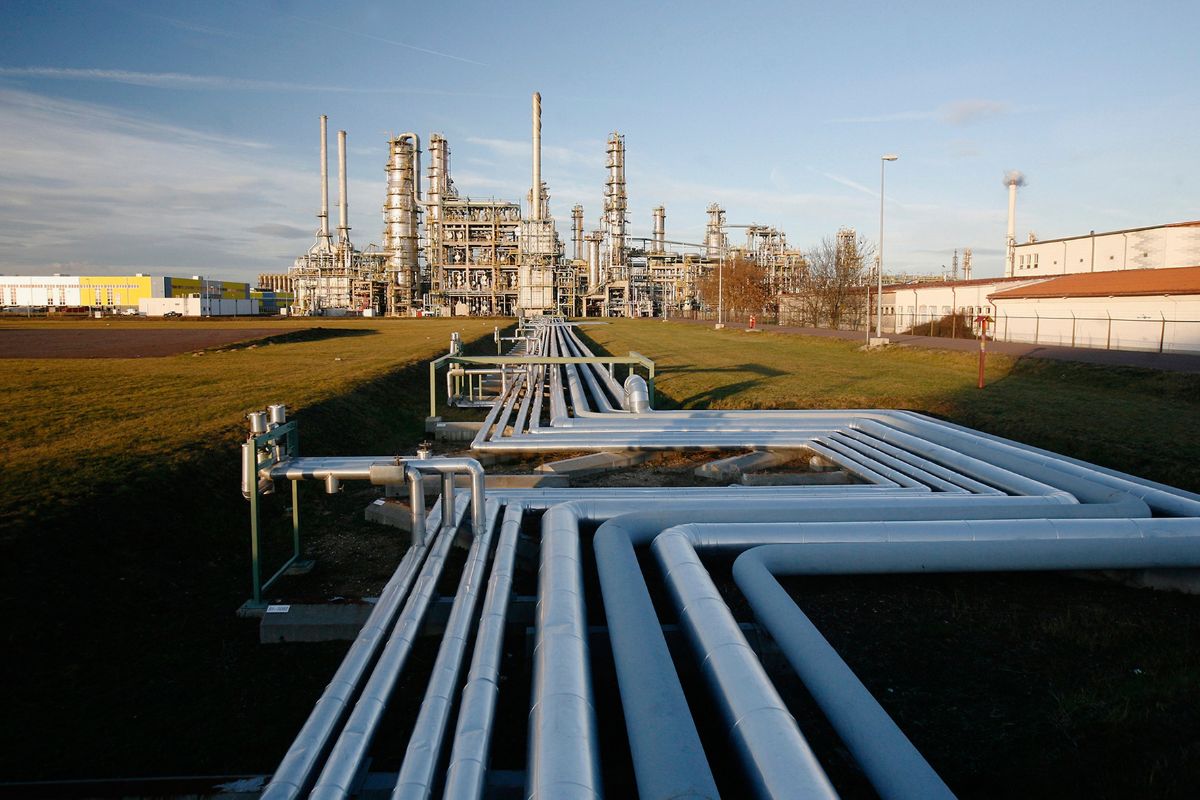Austria stands out among European Union countries in its struggle to reduce its dependence on Russian gas. While other EU members have made significant strides in diversifying their energy sources, Austria continues to rely heavily on Russian gas imports, drawing criticism from various quarters. In this article, we delve into the reasons behind Austria’s persistent reliance on Russian gas and explore the challenges it faces in breaking away from this energy dependency.
European Union’s Drive to Reduce Russian Gas Dependency

In the aftermath of the war in Ukraine, many European countries took swift action to reduce their dependence on Russian gas. Countries like Germany, Poland, Bulgaria, and Italy have made remarkable progress in diversifying their energy supplies away from Russia. However, Austria’s efforts in this direction have been relatively slow, sparking debates about its commitment to reducing Russian gas imports.
Austria’s Unique Position in the European Gas Market
Austria’s historical reliance on Russian gas can be traced back to its gas contract with the Soviet Union in 1968, making it one of the first Western European countries to engage in such an agreement. For decades, Austria has been a significant importer of gas through pipelines from Russia. This has led to arguments from Austria and other large buyers that they need Russian gas, preventing the European Union from imposing formal sanctions on Russian gas imports.
The Challenge of Ending Reliance on Russian Gas
While Austria’s government has pledged to end imports of Russian gas by 2027, achieving this goal is proving to be a complex task. Unlike some EU countries, Austria lacks access to liquefied natural gas terminals due to its landlocked geography, making it harder to switch to alternative energy sources quickly. Economic concerns, such as potential economic ruin and mass unemployment in the event of an immediate cutoff, have also played a role in Austria’s cautious approach.
Austria’s Neutrality and Its Impact on Energy Policies
Austria’s official policy of neutrality, enshrined in its constitution since 1955, has implications for its energy policies. As a non-member of NATO, Austria remains officially neutral, and this status has affected its approach to the Ukrainian crisis and Russian gas imports. The country has condemned the invasion of Ukraine and supported refugees, but it has also continued to receive gas shipments from Gazprom, furthering concerns about its ties to Russian interests.
Political Concerns and Ties to Russia
Critics argue that Austria’s political elite is among the most sympathetic to Russia, influencing its stance on Russian policy and energy dependency. Examples of political figures with ties to Russia have raised eyebrows and fueled suspicions. The reluctance of some Austrian political players to denounce Russian policy and embrace renewable energy sources has led to questions about Vienna’s role in shaping the EU’s policy toward Moscow.
The Long-Term Gas Deal with Gazprom
Austria’s current deal with Gazprom, signed in 2018, commits the country to purchasing six billion cubic meters of gas per year until 2040. This long-term agreement has further solidified Austria’s reliance on Russian gas. While there have been recent diversification efforts, like the 10-year agreement with BP to buy gas starting in 2026, Gazprom’s availability continues to influence Austria’s energy choices.
Concluding Thoughts
Austria’s struggle to break away from Russian gas highlights the complexities and interplay of political, economic, and logistical factors in shaping a country’s energy policy. While the government aims to end imports of Russian natural gas by 2027, it faces unique challenges in diversifying energy sources, maintaining economic stability, and navigating geopolitical pressures. The future of Austria’s energy landscape will depend on the nation’s ability to balance its interests and commitments effectively.
